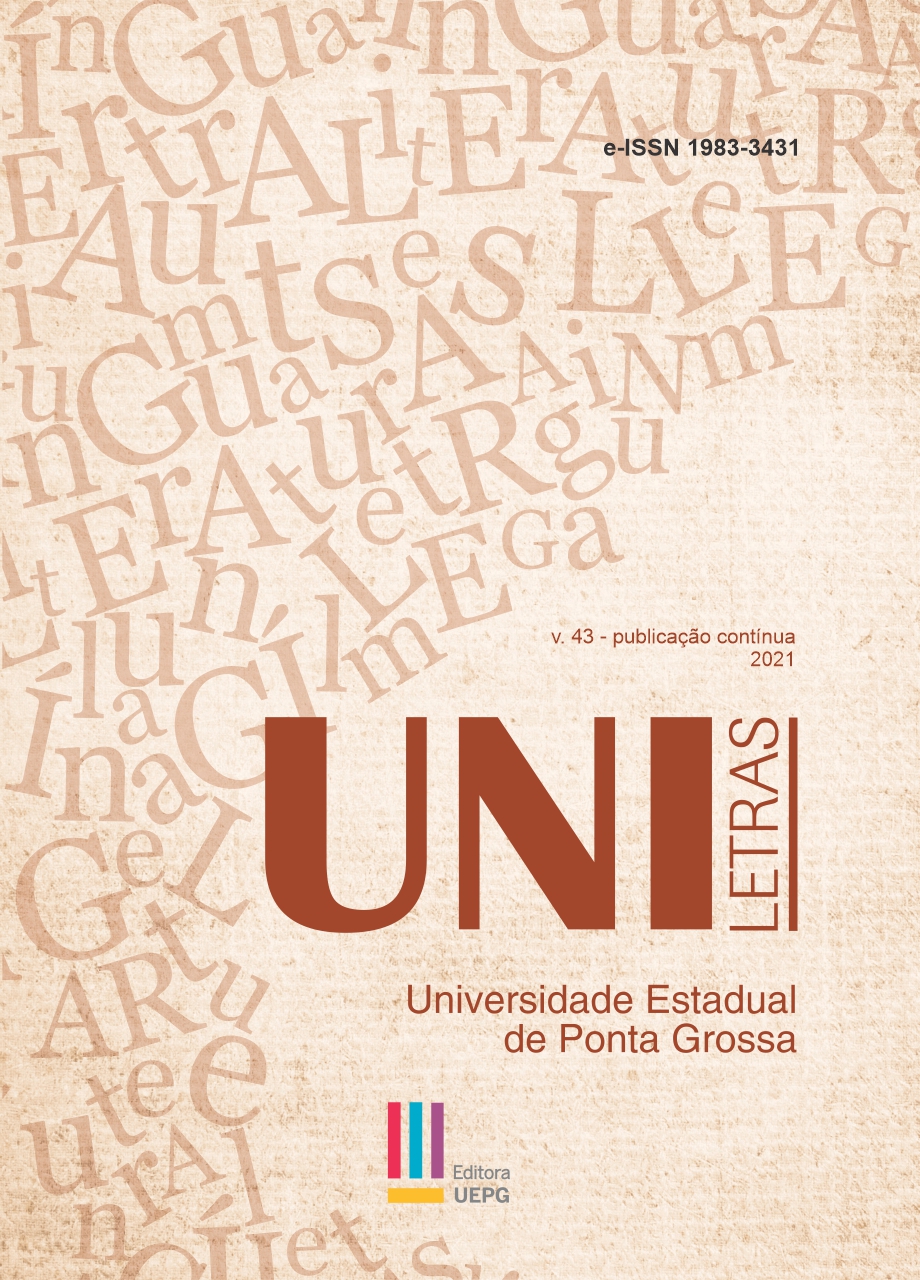READ-ALOUD AND ITS CONTRIBUTION TO TEACHING: A BIBLIOGRAPHIC STUDY
Abstract
This article aims to verify how read-aloud is a necessary practice for teaching and learning in different discursive practices in Portuguese language classes. For this, a theoretical study based on bibliography, based on qualitative research, is used to present how the practice of read-aloud can become an ally to the teacher, not only to point out points that need improvement, but to contribute to the development of specific skills in reading, comprehension and, by extension, orality and text production. As a result, it was realized that the practice of read-aloud in the classroom is a necessary activity and its extremely important contribution to reading and comprehension, orality, production and textual revision, in addition to serving as a signal to detect problems related to decoding, reading fluency and comprehension.
Downloads
Downloads
Published
Issue
Section
License
Authors that publish in the journal agree with the following terms:
a) The authors keep the copyright and grant to the journal the rights of the first publication, with the work simultaneously being licensed under the Creative Commons Attribution License that allows the sharing of the work with the recognition both of the authorship and the initial publication in this journal.
b) This journal provides immediate public access to all of its content, following the principle that making scientific knowledge freely available to the public provides greater worldwide democratization of knowledge. For more information about this approach, visit Public Knowledge Project, a Project that developed this system to improve the academic and public quality of research, distributing OJS as well as other softwares to support the publication system to public/open access to academic sources. Names and e-mail addresses in this website will be used exclusively for this journal purposes, not being available for other ends.

This work is licensed under a Creative Commons Attribution 4.0 International License.





